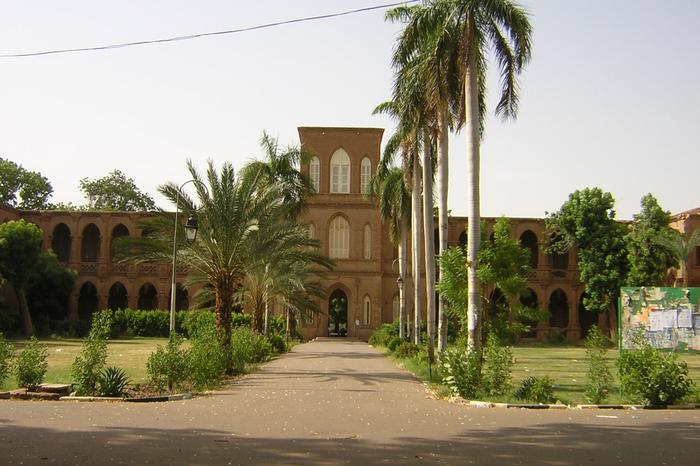Equitable Research in an Unequal World
The Berlin Center for Global Engagement (BCGE) serves as the central platform of the Berlin University Alliance (BUA) for global research cooperation, academic freedom, and science diplomacy. In an increasingly interconnected and geopolitically complex world, BCGE promotes sustainable, worldwide collaboration. “If one of science’s distant goals is to contribute to a sustainable future, then science can only be global,” says BCGE coordinator Romain Faure. “Solutions developed solely in the Global North risk falling short because they fail to consider the needs and perspectives of other world regions.” In practice, this means supporting partnerships with countries that occupy a marginalized position within the global research landscape—the so-called Global South.
As part of the BUA’s internationalization efforts, BCGE helps the four partner universities strategically expand their global cooperation networks. It funds innovative initiatives—for example, selected Signature Projects that address topics such as mental health from a global perspective or international labor conditions. BCGE also extends its support to local communities and civil society actors. “In many countries of the Global South, collaboration between science and society is far more widespread and normalized than in our context—that’s what we want to support,” explains Faure.
In addition, BCGE organizes events and formats such as the BUA Forum on Diplomatic Resilience to strengthen science diplomacy, or the theater project Hidden Research, which raises awareness of academic freedom. “Our ‘hidden gem’ is the podcast Meridian,” Faure adds. “The series makes research between the Global North and South accessible to a wider audience.” BCGE also fosters exchange through training programs, roundtables, and regular news updates or bulletins that highlight global research collaborations.
Faure identifies the worldwide decline of academic freedom as a growing challenge: “As more and more countries officially or effectively censor topics, science is being pushed into a very precarious position.” At the same time, he notes that more universities are addressing similar issues. “Interest in truly global scientific collaboration is strong and continues to grow,” says Faure.
Learn more about the Berlin Center for Global Engagement

